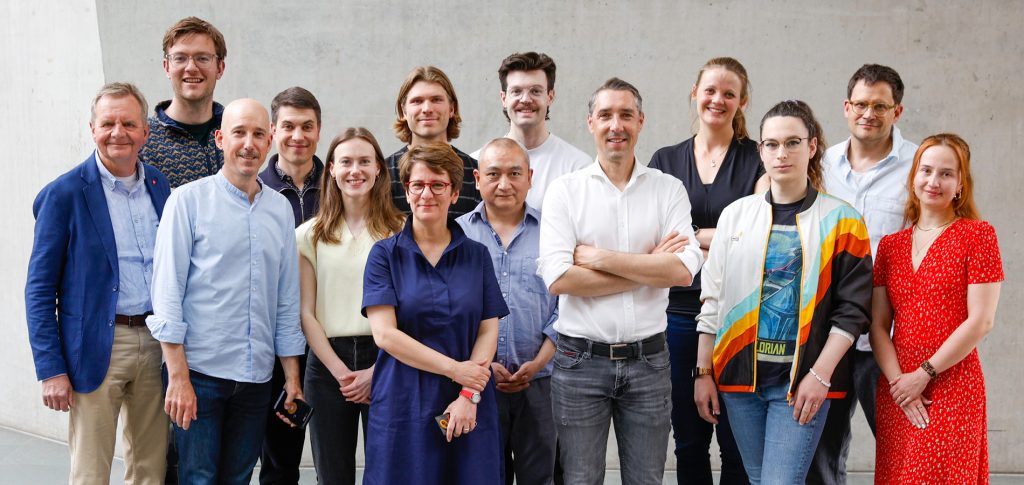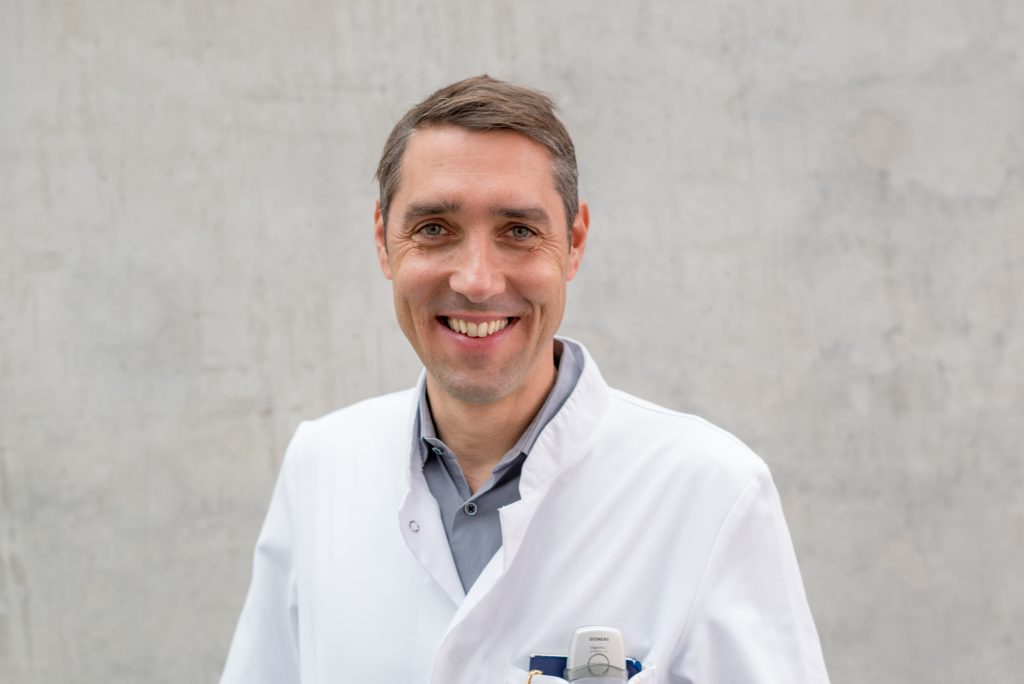- Programme Area 4
Autoimmunology

- Autoantibody
- Autoimmune diseases
- Cell therapy
- Memory Plasma cells
New ways of approaching treatment of autoimmune diseases
Our research group is fundamentally involved in analysing the mechanisms which contribute to and help maintain severe autoimmune diseases in order to develop new therapeutic concepts.
Our main focus is on the role of long-lived autoreactive plasma cells in autoimmune diseases. Long-lived plasma cells reside in niches in the bone marrow and inflamed tissues, where they are resistant to immunosuppressive/cytotoxic drugs or therapies targeting B cells. In collaboration with the research group from Andreas Radbruch, we look for new therapeutic strategies targeting the autoreactive memory. We introduced the proteasome inhibitor bortezomib that depletes plasma cells in the treatment of refractory autoimmune diseases. We also learned that selective plasma cell depletion has to be combined with a therapy targeting the plasma cell precursors to prevent the generation of new plasma cells. Since all these therapies unselectively deplete plasma cells, regardless whether they secrete protective of pathogenic antibodies, we developed an affinity matrix technology for antigen-specific plasma cell depletion. Recently, we could show for the first time that long-lived memory plasma cells can be depleted in an antigen-specific manner using this technology in a murine model. One current study is aimed to demonstrate an improvement of muscle weakness in a murine model of myasthenia gravis after the specific depletion of plasma cells secreting autoantibodies against the acetylcholine receptor.
